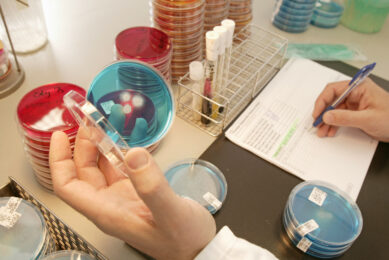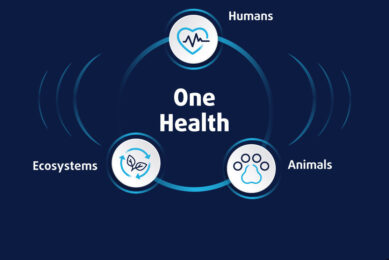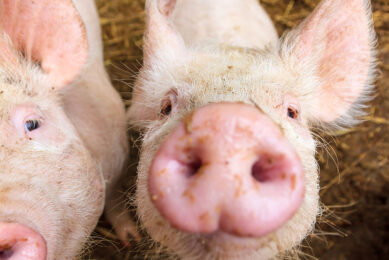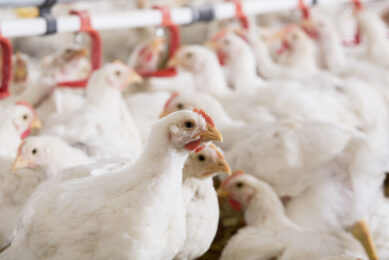‘Unexpected’ number of resistance genes on pig farm
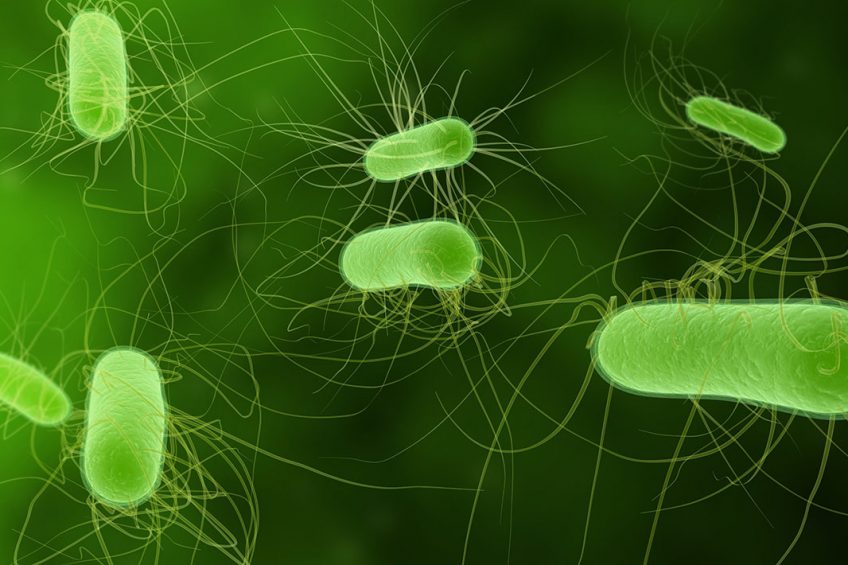
Scottish researchers have identified a high number of antimicrobial resistance genes in pig faeces at a commercial farm, following the first longitudinal study of its kind.
The study was carried out by researchers at Scotland’s Rural College and the University of Edinburgh, both in Edinburgh, Scotland, UK. The outcomes were published in the peer-reviewed publication Scientific Reports, published by Nature.
Single production cycle on a commercial pig unit
The study was carried out during a single production cycle on a commercial pig unit with a high historic and current antimicrobial usage. A total of 144 different genes were identified on the farm, with individual genes present in the tens, hundreds and thousands of millions per g of pig faeces.
Using methods like quantitative PCR, 16S rRNA gene metabarcoding and shotgun metagenomic sequencing, the study highlighted the extent of the antimicrobial resistance gene ‘pollution’ in livestock production and the environment. It found antimicrobial resistance gene counts were relatively stable over time, suggesting the genes had become integrated into the faecal microbial community.
However, it also found the antimicrobials being administered were still effective in controlling production-limiting diseases on the farm.

Read more on pig health in the Pig Progress Health Tool
In a reaction at the website of the SRUC, Prof Michael Hutchings, head of Animal and Veterinary Sciences, said: “At the start of the study we hoped to find 2 or 3 genes to follow their numbers through the pig production cycle. The richness of antimicrobial resistance genes and their numbers were unexpected.”
Improving health, welfare and productivity of pigs
Antimicrobial agents are used regularly in agricultural systems to improve the health, welfare and productivity of livestock, but so far little had been known about how this impacts antimicrobial resistance gene dynamics – the ability of a microbe to resist the effects of medication. This has led to concerns about the potential transfer of antimicrobial resistance genes from livestock to humans and into the environment.
The
research article
was authored by Adrian Muwonge, Geoffrey Mainda, Barend M. Bronsvoort, David L. Gally, and Alexander Corbishley, the Roslin Institute and Royal (Dick) School of Veterinary Studies, University of Edinburgh, Scotland, UK; Michael R. Hutchings, Scotland’s Rural College (SRUC), Edinburgh, Scotland, UK; and Jolinda Pollock, attached to both institutes.



